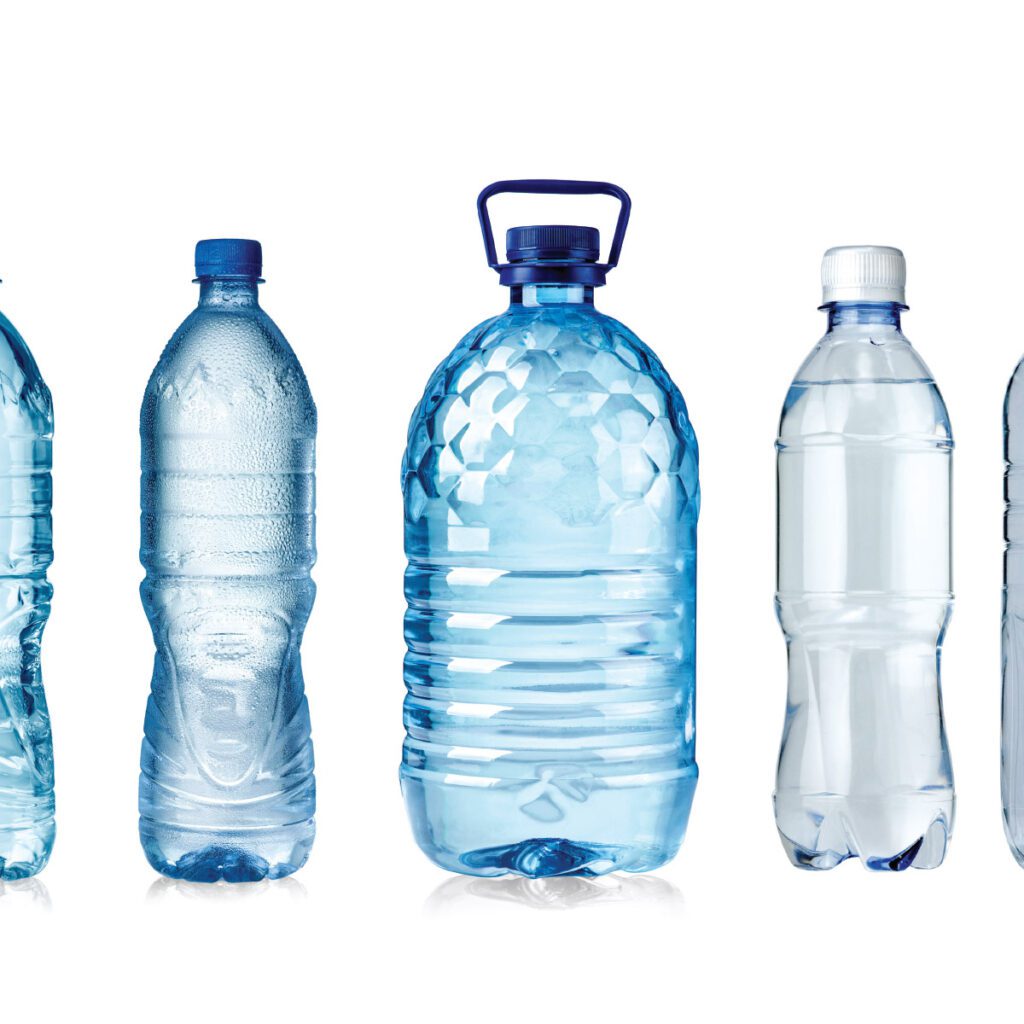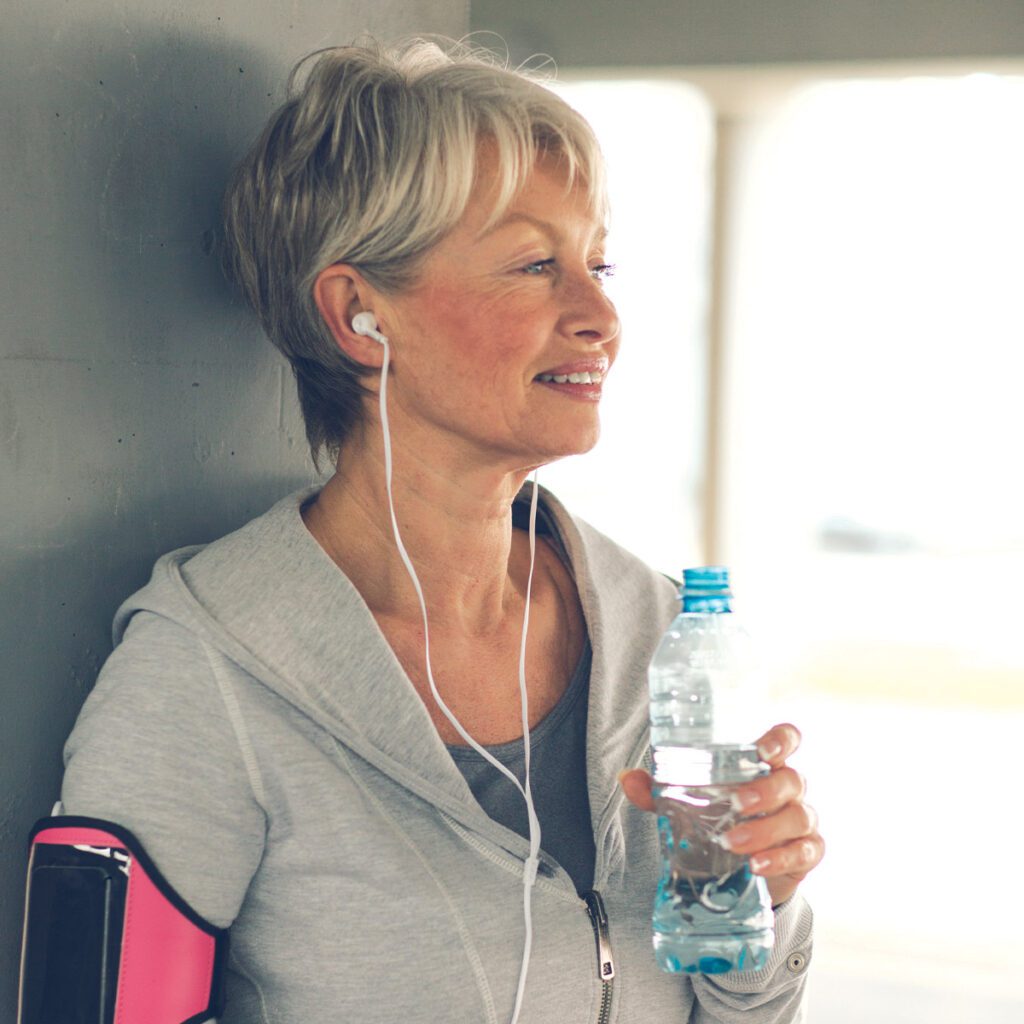For Older Adults, It Can Be a Serious Concern
For many adults, dehydration is not a major concern. Feeling thirsty? Grab a bottle of water and hit the road. But for elderly individuals, dehydration can be a much more serious condition with potential long-term effects.
Why is Dehydration More Prevalent in Older Adults?
Dehydration refers to the condition in which the body consistently loses more water than it receives. The water content in our bodies, when at appropriate levels, regulates our temperature, maintains blood pressure, and eliminates bodily waste. When the body’s water content drops too much, it can’t function properly.
As adults get older, their risk for dehydration skyrockets. According to Alisha Landes, Executive Director at The Lantern at Morning Pointe, “As we age, the water content in our bodies decreases, which can lead to a greater risk of dehydration.” Studies have shown that adults 75 to 80 years old have nearly 50% less water content in their bodies than young people have. This decline is often associated with a loss of muscle mass and increase in fat cells.
In addition to the physiological reasons that lead to dehydration in older adults, there are many other causes that can prevent a person’s water intake. One is prescription medication that can interfere with the body’s water content.

For instance, if someone is taking a diuretic and not replacing the lost fluids, dehydration is imminent.
Additionally, older adults experience different conditions than their younger counterparts. For one, they don’t feel thirst as strongly as younger individuals. Awareness of thirst and the ability to respond decrease over time. And for individuals suffering from dementia or Alzheimer’s, it can be easy to forget if water has been consumed that day or not.


Frail seniors may also struggle to get up and get a drink whenever they are thirsty, or they may rely on caregivers who can’t sense their fluid needs. Conversely, if they suffer from incontinence or frequent urination, they may feel embarrassed and avoid drinking.
Signs of Elderly Dehydration May Include:
- Confusion
- Difficulty walking
- Dizziness or headaches
- Dry mouth
- Sunken eyes
- Inability to sweat or produce tears
- Rapid heart rate
- Low blood pressure
- Low urine output
- Constipation
Source: A Place for Mom: Connecting Families to Senior Living
What Are the Symptoms?
So how can you tell if your loved one is dehydrated? The signs an adult is suffering from dehydration present themselves in various ways. “If you are caring for a loved one and notice they are weaker, more tired, or more irritable than normal, they might be dehydrated,” says Landes. Other symptoms include confusion, dizziness, dry mouth, decreased skin elasticity, increased heart rate, and dark urine. According to Dr. Alycia Cleinman of the CHI Memorial Center for Healthy Aging, “For medical providers, identifying dehydration in the elderly is different than in a younger population. Skin elasticity alone is not a reliable indicator of dehydration for older individuals. Instead, we must examine a number of interwoven factors.”
Dehydration Dangers
Dehydration is common and is frequently diagnosed in older adults who have been admitted to the hospital. Chronic dehydration can lead to shortness of breath and heart damage. If left unnoticed or untreated, this completely preventable condition can lead to severe side effects that include seizures, kidney failure, swelling in the brain, and even coma or death.
Staying Hydrated
For caregivers, it is extremely important to remind elderly adults that fluids will keep them alert and decrease pain. “A common misconception is that dehydration only occurs after days of not drinking,” says Landes. “In reality, it can occur fairly quickly.” A preventative routine that includes monitoring intake during meal times, drinks between meals and with medication, and drinks after urination will help to ensure consistent fluid levels. A drink should be within reach at all times. “Older adults should not limit fluid intake to when they feel thirsty. It is recommended they take in eight glasses of clear, non-caffeinated liquids a day to maintain hydration,” says Dr. Cleinman.
Another recommendation to ensure your loved ones are staying hydrated
is to weigh them each morning. If they have lost two or more pounds, and especially if they have a headache or feel thirsty, it’s likely they are dehydrated. Mild dehydration is recognized at 2% body weight loss, and severe dehydration is 4% or more. Anytime you notice a change like this, offer the dehydrated individual a drink, or even a water-heavy fruit like honeydew or watermelon.
When dealing with loved ones who may be suffering from dehydration or might be at risk in the future, it is important to remember that they don’t want to be perceived as a burden. Let them know you enjoy caring for them. Try to make fluid consumption less of a chore. Take them to lunch or dinner and make a toast, or surprise them with their favorite drink every time you visit them. We can all raise a glass to that!


Alisha Landes
Executive Director, The Lantern at Morning Pointe


Dr. Alycia Cleinman
Internal and Geriatric Medicine Physician, CHI Memorial Center for Healthy Aging

